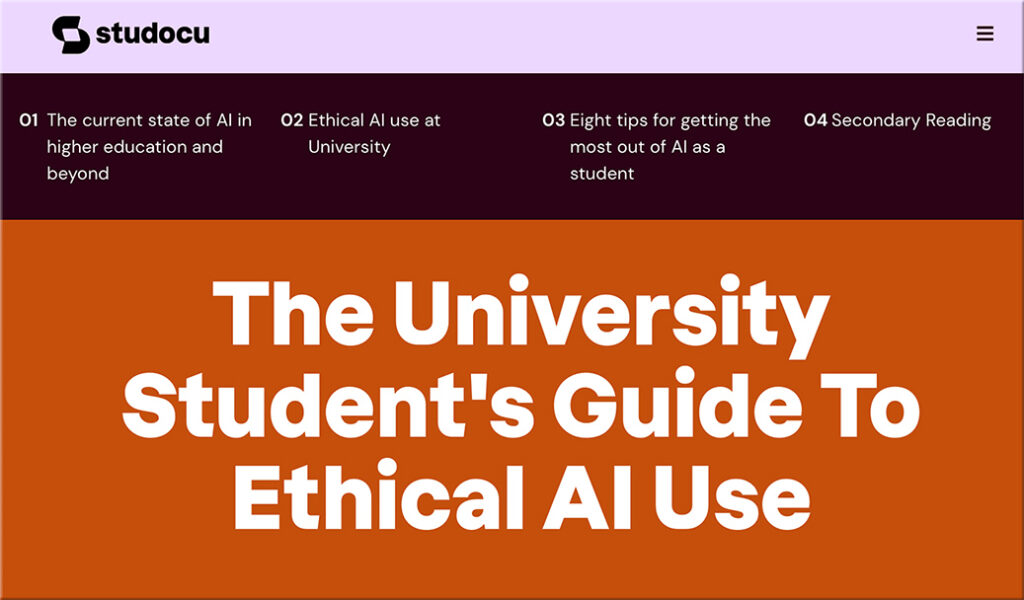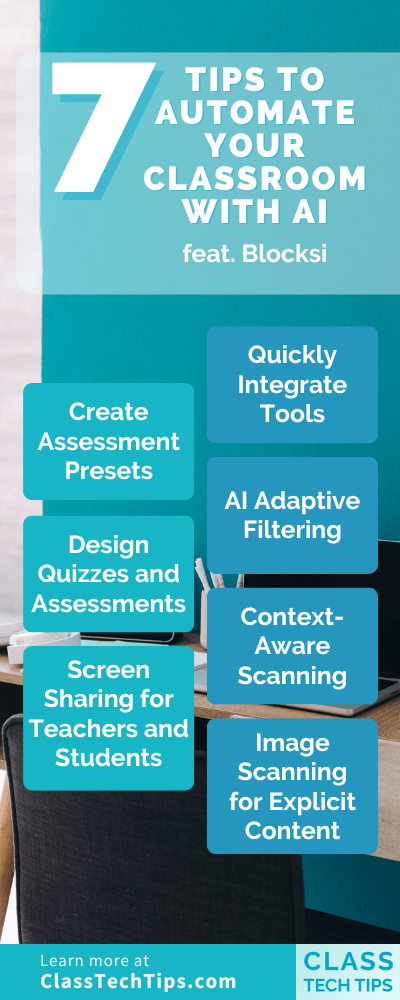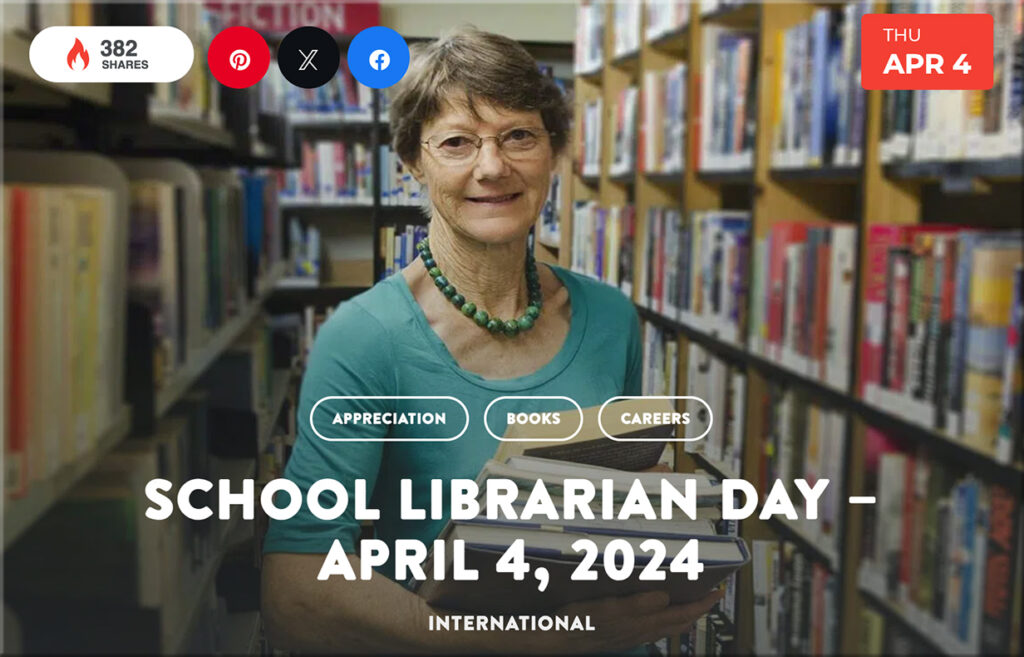Making your campus neurodivergent friendly — from timeshighereducation.com
How to create a university where neurodivergent staff and students feel welcome and thrive in the classroom, in the lab and throughout campus
Neurodivergent students and staff think about, interact with and see the world differently from their neurotypical peers and colleagues. Universities that adopt inclusive practices to welcome people with ADHD, autism, dyslexia, dyspraxia and other disabilities to campus also foster their distinct strengths and talents in the classroom, labs, boardrooms and social spaces. This collection of resources offers advice for teachers, researchers, PhD supervisors and administrators for supporting neurodiversity in higher education.
Some Colleges Will Soon Charge $100,000 a Year. How Did This Happen? — from nytimes.com by Ron Lieber; via Ryan Craig
Some Vanderbilt students will have $100,000 in total expenses for the 2024-25 school year. The school doesn’t really want to talk about it.
It was only a matter of time before a college would have the nerve to quote its cost of attendance at nearly $100,000 a year. This spring, we’re catching our first glimpse of it.
One letter to a newly admitted Vanderbilt University engineering student showed an all-in price — room, board, personal expenses, a high-octane laptop — of $98,426. A student making three trips home to Los Angeles or London from the Nashville campus during the year could hit six figures.
This eye-popping sum is an anomaly. Only a tiny fraction of college-going students will pay anything close to this anytime soon, and about 35 percent of Vanderbilt students — those who get neither need-based nor merit aid — pay the full list price.
But a few dozen other colleges and universities that reject the vast majority of applicants will probably arrive at this threshold within a few years. Their willingness to cross it raises two questions for anyone shopping for college: How did this happen, and can it possibly be worth it?
‘Running Out of Road’ for FAFSA Completion — from insidehighered.com by Liam Knox
The number of students who filled out the federal aid form is down nearly 30 percent. The ramifications for access and enrollment could be devastating.
And that’s probably an optimistic estimate, said Bill DeBaun, NCAN’s senior director of data and strategic initiatives; if the pace of completion doesn’t pick up, the decline could be closer to 700,000 students. That could translate to up to a 4 percent drop in college-goers come fall, DeBaun said, which would be the largest enrollment drop since the COVID-19 pandemic—and one that’s likely to be made up primarily of low-income and first-generation students.
Study: Nearly 40 Percent of Students Started, Never Finished College — from insidehighered.com by Kathryn Palmer
Federal researchers followed the post-secondary outcomes of 23,000 students for 12 years.
Only 60 percent of students who enrolled in college earned a degree or credential within eight years of graduating high school.
That’s one of the biggest takeaways from a new report the National Center for Education Statistics released Monday that analyzed the enrollment, completion and financial aid outcomes of students.
The researchers tracked the postsecondary educational outcomes of roughly 23,000 students beginning in 2009 when they were freshman in high school through 2021, when the cohort was eight years out from graduating high school.
Race to the Finish | The rise of faster bachelor’s degrees raises the question: What is college for? — from chronicle.com by Kelly Field; from Jeff Selingo
Taken together, the two recent decisions illustrate a blurring of the lines between the two- and four-year sectors that is taking place not just in Idaho, but nationwide, as colleges struggle to overcome enrollment declines and skepticism about the value of a bachelor’s degree.
“It’s pretty clear that higher education is in a funk,” said Robert M. Zemsky, a University of Pennsylvania professor, who has been advocating for three-year programs for more than 15 years. “There’s a sense that we have to do something to make the product better, more relevant, and less costly to students.”
Excerpt from Next — from/by Jeff Selingo
Bottom line: While critics of a shorter degree see it as a lesser replacement for the four-year baccalaureate degree, advocates see it as another option for students who might not be interested in college at a time when enrollment is falling.
- “We need to use this opportunity to redesign and do things better,” Carrell said. “That means that we all need to stay curious. We need to be a learning enterprise…and learn from the evidence we produce.”
Job-Ready on Day One — from the-job.beehiiv.com by Paul Fain
The U.S. faces a serious shortage of workers in the skilled trades—fields like HVAC, plumbing, electrical, solar, and construction. And those labor gaps are likely to widen as the federal government spends billions on infrastructure projects.
Employers in these industries are desperate for hires, says Doug Donovan, the founder and CEO of Interplay Learning. Yet the “challenge is not employer demand for workers,” he says, “but rather ensuring that learners learn about skilled trades careers and pursue them.”
The Austin-based Interplay offers online and VR training for workers in the skilled trades. The company was founded in 2016 with a focus on upskilling the hands-on worker. Even before the pandemic exacerbated labor shortages, Donovan says companies in these trades needed to hire workers who didn’t have all the skills required for jobs.
Interplay’s online courses and 3D, interactive simulations get close to what a learner is going to see on the job, says Donovan. “We aren’t trying to replace hands-on, instructor-led training,” he says. “We are trying to deliver tools that enhance that hands-on time or make it more efficient.”










.webp)


.jpg)




